Welcome to the cutting-edge world of drone inspection businesses, a realm where technology soars above traditional methods to revolutionise industries across the UK. From construction sites to sprawling infrastructure networks, drones are elevating standards of efficiency, safety, and precision. This comprehensive blog post delves into the transformative impact of drones, exploring their evolution, advantages, operational strategies, and the promising future that lies ahead. Join us as we navigate through the skies of innovation, shedding light on how drone inspections are not just changing the game but are also setting new benchmarks for success in a variety of sectors. Whether you’re a business looking to adopt drone technology or simply fascinated by its potential, this journey will provide you with valuable insights into the dynamic world of drone inspection businesses.
Table of Contents
The Evolution of Drone Technology in Inspections
In recent years, the construction and infrastructure sectors in the UK have witnessed a revolutionary shift towards digitisation and technological integration. Among the myriad innovations, drone technology has emerged as a frontrunner, drastically transforming the landscape of inspections. This article delves into the evolution of drone technology in inspections, highlighting its impact and the transformative strategies it has introduced.
From Manual to Aerial: A Shift in Perspective
Traditionally, construction and infrastructure inspections relied heavily on manual surveys and the use of cranes or scaffolding to access hard-to-reach areas. This not only posed significant safety risks but also limited the scope and accuracy of the data collected. The advent of drone technology brought about a paradigm shift, offering a bird’s-eye view that was previously unimaginable.
Early Adoption and Technological Leap
The early adoption of drones in the UK construction scene was primarily for aerial photography and videography, providing a new perspective for site surveys and project monitoring. However, as drone technology advanced, so did their applications. Today, drones equipped with high-resolution cameras, thermal imaging, and advanced sensors can conduct detailed inspections of structures, identify heat losses, and even detect structural weaknesses with precision and efficiency.
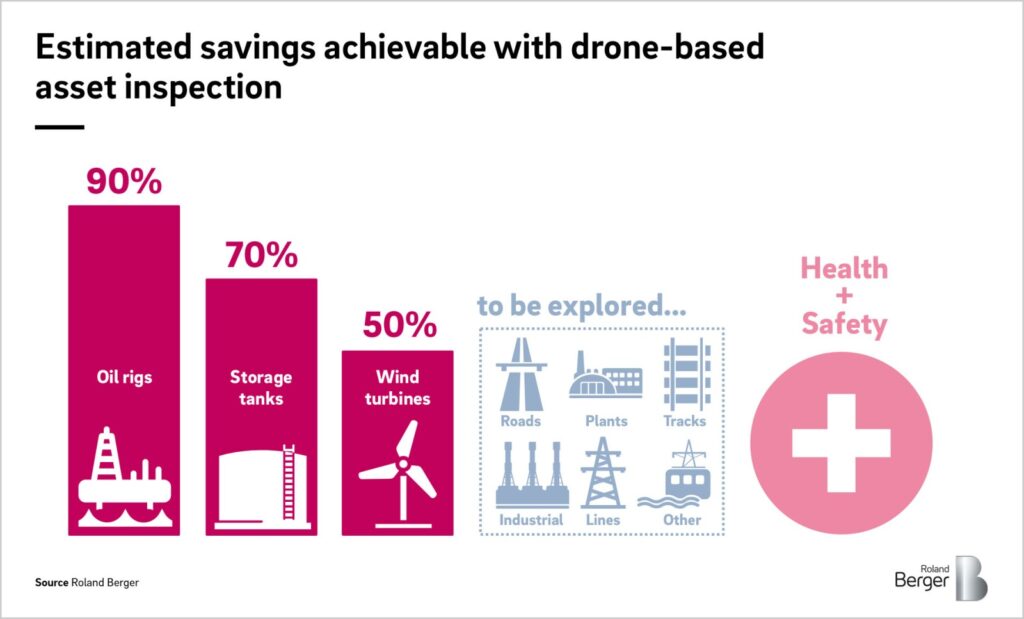
Regulatory Framework and Commercial Acceptance
The UK’s Civil Aviation Authority (CAA) has played a crucial role in the evolution of drone technology in inspections by establishing a regulatory framework that ensures safety and privacy. These regulations have paved the way for commercial acceptance, with businesses now recognizing drones as invaluable tools for inspections. Compliance with these regulations has fostered innovation, leading to safer, faster, and more cost-effective inspection methods.
Breakthroughs in Drone Technology
The continuous improvement in drone technology has seen the introduction of autonomous flight patterns, obstacle avoidance systems, and enhanced data collection capabilities. These advancements have made drone inspections more accessible, reliable, and versatile. Drones can now perform inspections in challenging environments, from high-rise buildings to sprawling infrastructure networks, with minimal human intervention.

The Future is Now: Drones Shaping Tomorrow’s Inspections
Looking ahead, the integration of artificial intelligence and machine learning with drone technology promises even greater advancements. These technologies will enable drones to not only collect data but also analyze it in real-time, providing actionable insights that can guide decision-making processes and preventive maintenance strategies.
Conclusion
The evolution of drone technology in inspections represents a significant leap forward for the UK’s construction and infrastructure sectors. With each technological advancement, drones are setting new standards for safety, efficiency, and data accuracy. As we continue to embrace these innovations, the future of inspections looks not just promising but revolutionary.
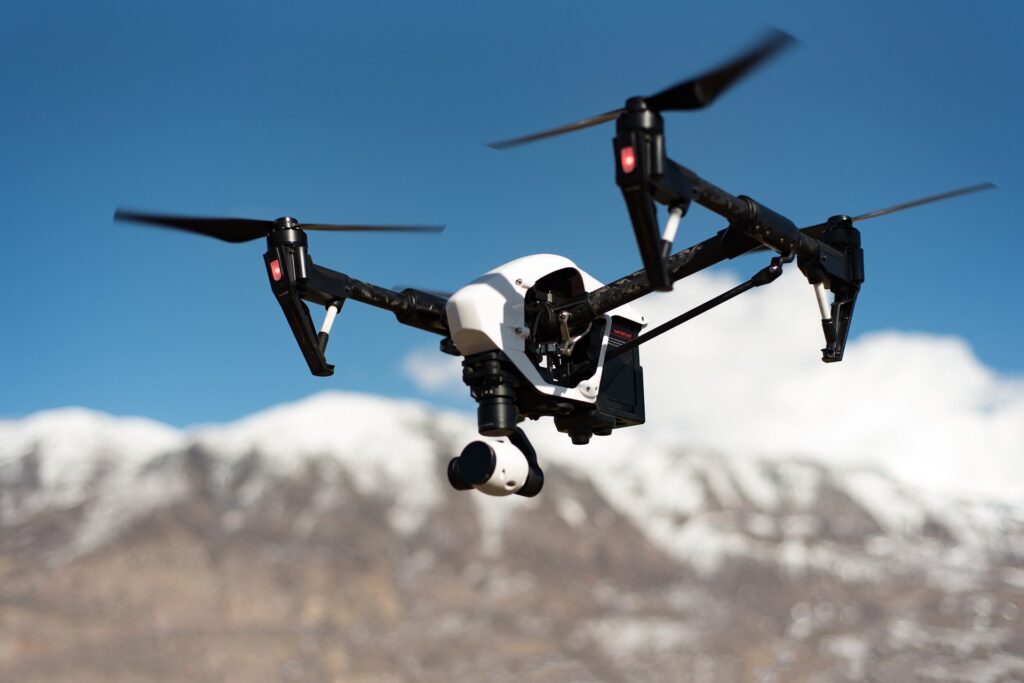
This exploration into the evolution of drone technology in inspections underscores the pivotal role drones have played and will continue to play in transforming construction and infrastructure management. Their ability to elevate and conquer challenges in the field is not just revolutionary; it’s reshaping the very foundation of how inspections are conducted.
Advantages of Drone Inspections
In the dynamic landscape of the UK’s construction and infrastructure sectors, drone inspections have surged to the forefront, revolutionising traditional methodologies with their unparalleled efficiency and precision. This evolution has not only streamlined operations but has also introduced a host of advantages that are transforming the industry. Here, we explore the myriad benefits that drone inspections bring to the table, underscoring their growing indispensability in modern construction and infrastructure management.
Cost Efficiency: Maximising Budgets with Smart Technology
One of the most compelling advantages of drone inspections is their ability to dramatically reduce operational costs. Traditional inspection methods, which often require scaffolding, cranes, and significant manpower, are not only time-consuming but also financially taxing. Drones, on the other hand, can swiftly navigate through large and complex sites, capturing detailed data without the hefty price tag of conventional means.
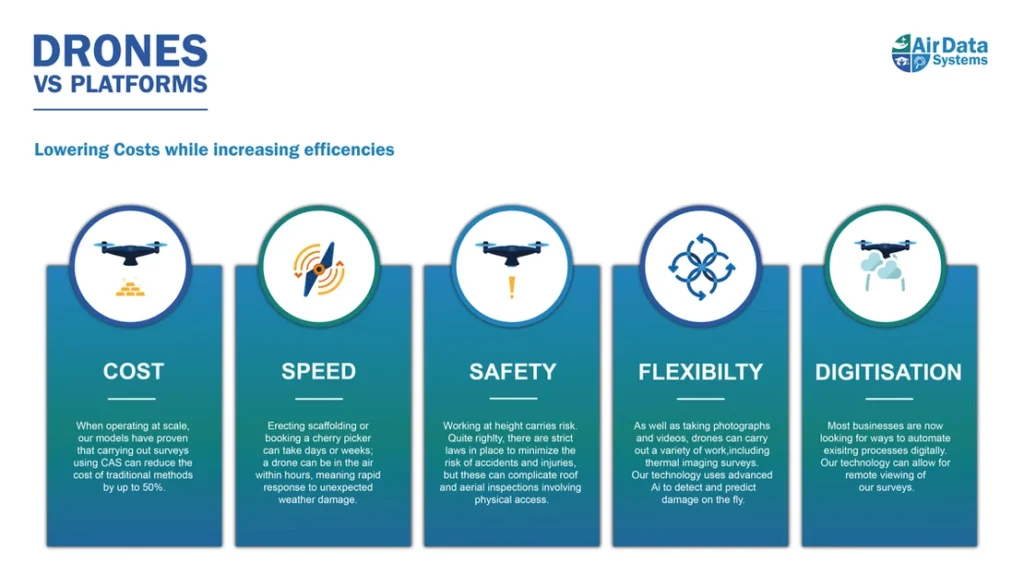
Enhanced Safety: Keeping Feet on the Ground
Safety is paramount in the construction industry, and drone inspections contribute significantly to minimizing risk. By deploying drones, the need for workers to physically access dangerous or hard-to-reach areas is greatly reduced. This not only safeguards the health and safety of the workforce but also ensures compliance with the UK’s stringent workplace safety regulations.
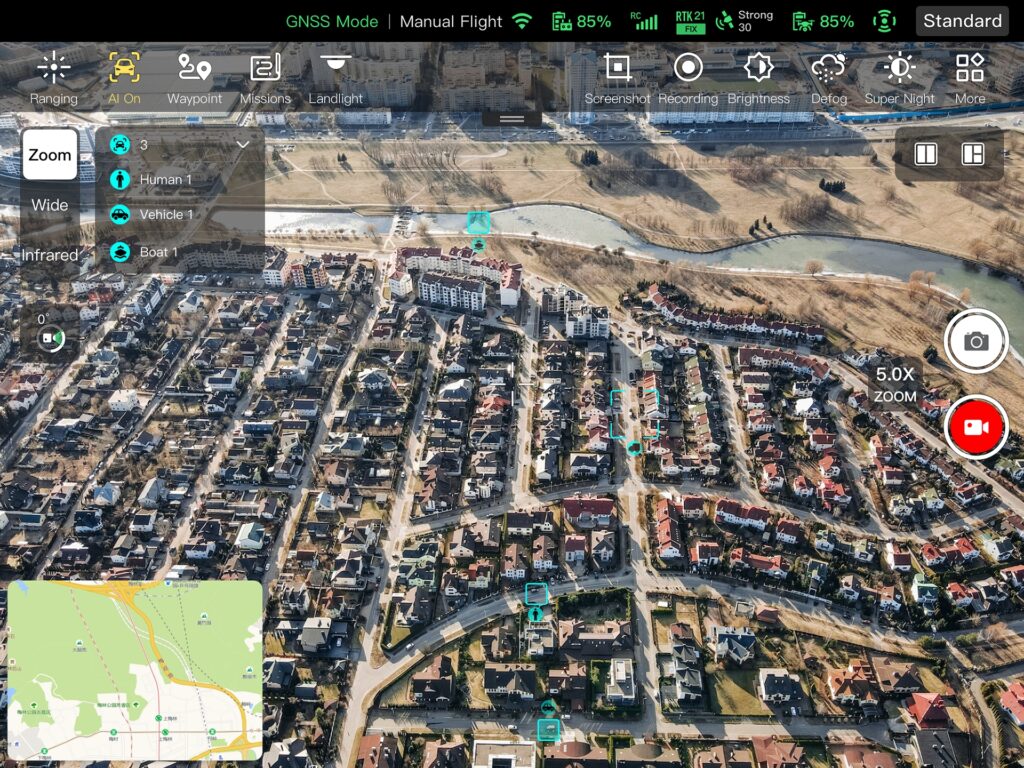
Unmatched Accuracy and Detail: A New Standard in Data Collection
Drones equipped with high-resolution cameras and sensors can capture data with a level of detail and accuracy that is often beyond human capability. This precision enables early detection of potential issues, allowing for timely interventions and preventing costly repairs or modifications down the line. The ability to regularly monitor sites with drones ensures that projects stay on track and within specifications, setting a new standard in data collection.
Time-Saving Benefits: Accelerating Project Timelines
Time is a critical factor in construction and infrastructure projects, and drone inspections offer significant time-saving benefits. What used to take days or weeks can now be accomplished in a matter of hours, thanks to the swift and efficient nature of drone operations. This acceleration not only aids in faster project completions but also enables more frequent inspections, ensuring that every phase of the project is executed to perfection.
Conclusion
The advantages of drone inspections in the UK’s construction and infrastructure sectors are undeniable. From cost savings and enhanced safety to unmatched accuracy and time efficiency, drones are setting a new benchmark in how inspections are conducted. As technology continues to advance, the potential of drone inspections is bound to expand, further cementing their role as a cornerstone of modern construction and infrastructure management.
Embracing drone technology for inspections not only aligns with the digital transformation goals of the industry but also provides a competitive edge in a market that values efficiency, safety, and innovation. The future of construction and infrastructure inspections is here, and it is soaring high with drones.
Key Components of a Successful Drone Inspection Business
Establishing a drone inspection business in the UK’s competitive landscape requires more than just purchasing a fleet of drones. Success in this innovative field hinges on a combination of technological acumen, regulatory compliance, strategic planning, and customer-centric services. Here, we outline the critical components that underpin the success of a drone inspection business, offering insights into what makes these enterprises thrive.
Cutting-Edge Drone Technology
At the heart of any drone inspection business is the technology it employs. Investing in state-of-the-art drones equipped with high-resolution cameras, thermal imaging, and advanced navigation systems is non-negotiable. These technologies enable the capture of detailed, accurate data across various environments, making them indispensable tools for clients in construction, infrastructure, agriculture, and more.

Comprehensive Regulatory Compliance
In the UK, operating a drone inspection business requires strict adherence to the regulations set forth by the Civil Aviation Authority (CAA). This includes obtaining the necessary permissions, ensuring drones are flown by certified pilots, and adhering to privacy laws. Demonstrating a commitment to regulatory compliance not only ensures legal operations but also builds trust with clients and the public.
Expertise and Training
The value of a drone inspection business lies not just in the drones themselves but in the expertise of those operating them. Pilots must not only be skilled in flying drones but also in understanding the nuances of each inspection. Investing in continuous training and certification ensures that pilots are up-to-date with the latest technologies and techniques, providing clients with unparalleled service quality.
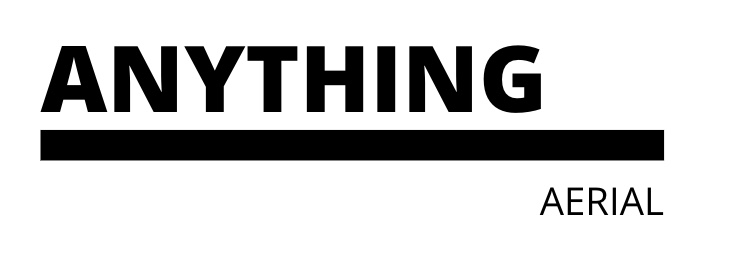
Robust Data Analysis and Reporting Capabilities
Collecting data is only part of the equation; turning that data into actionable insights is what sets a drone inspection business apart. Incorporating advanced data analysis and reporting tools allows for the detailed examination of images and sensor data, enabling clients to make informed decisions based on comprehensive reports.
Customer-Centric Services
Understanding client needs and offering tailored solutions is crucial for the success of any service-oriented business. A successful drone inspection business listens to its clients, understands their unique challenges, and provides customised inspection packages. This customer-first approach not only ensures client satisfaction but also fosters long-term relationships and repeat business.
Strategic Business Planning
Navigating the complexities of a drone inspection business requires strategic planning, from market analysis and business model development to marketing and growth strategies. Understanding the competitive landscape, identifying niche markets, and establishing clear business objectives are key to securing a competitive edge.
Conclusion
The components of a successful drone inspection business are multifaceted, ranging from technological prowess and regulatory compliance to expert training, advanced data analysis, customer-centric services, and strategic planning. By focusing on these key areas, businesses can not only navigate the complexities of the drone inspection industry but also emerge as leaders in the field, offering invaluable services that drive the UK’s construction and infrastructure sectors towards a more efficient, safe, and innovative future.
Operational Excellence in Drone Inspections
Achieving operational excellence in drone inspections is pivotal for businesses striving to lead in the UK’s construction and infrastructure sectors. It entails not just the deployment of cutting-edge drone technology but also the meticulous execution of each phase of the inspection process. This commitment to excellence ensures that businesses can deliver high-quality, efficient, and reliable inspection services. Here, we explore the key facets of operational excellence in drone inspections, focusing on strategies that elevate service quality and client satisfaction.
Integrating Advanced Technology
Operational excellence begins with the integration of advanced drone technology. Drones equipped with high-resolution cameras, thermal sensors, and LiDAR (Light Detection and Ranging) can capture detailed images and data from challenging environments. This technology enables precise measurements, heat signature detections, and the creation of 3D models, providing clients with comprehensive insights into their projects.
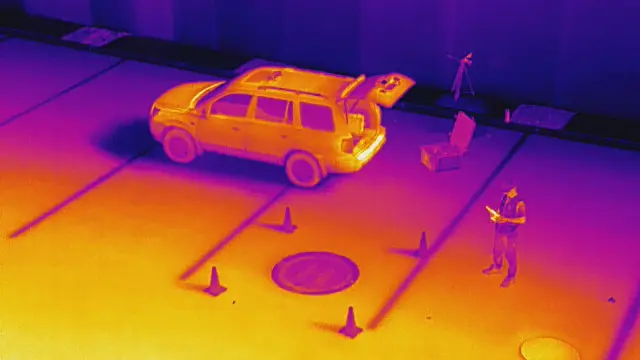
Streamlined Inspection Processes
A streamlined inspection process is crucial for operational excellence. This involves careful planning, from pre-flight assessments to flight path optimisation and data capture techniques. Effective planning ensures that drone inspections are conducted safely, efficiently, and in compliance with UK regulations, minimising disruptions while maximising data quality.
Data Processing and Analysis
The value of drone inspections lies in the ability to transform collected data into actionable insights. Employing sophisticated data processing and analysis software allows businesses to quickly interpret vast amounts of data, identifying potential issues and areas for improvement. This rapid turnaround is essential for clients needing to make informed decisions promptly.
Adherence to Safety and Regulatory Standards
In the UK, operational excellence in drone inspections also means strict adherence to safety and regulatory standards set by the Civil Aviation Authority (CAA). Ensuring that all operations are compliant not only protects businesses from legal repercussions but also reinforces a commitment to safety and professionalism, enhancing client trust and industry reputation.
Continuous Improvement and Innovation
The drone inspection industry is continuously evolving, with new technologies and methodologies emerging regularly. A commitment to continuous improvement and innovation is therefore essential for maintaining operational excellence. This includes staying abreast of industry developments, investing in ongoing training for pilots, and exploring new ways to deliver value to clients.
Client-Centric Approach
Operational excellence is ultimately measured by the satisfaction of the clients served. Adopting a client-centric approach, which involves understanding client needs, delivering customized solutions, and providing exceptional service, ensures that drone inspections add real value to projects. This focus on client satisfaction drives repeat business and fosters long-term relationships.
Conclusion
Operational excellence in drone inspections is a multifaceted endeavour that requires the integration of advanced technology, streamlined processes, rigorous safety and compliance standards, continuous innovation, and a client-centric approach. By excelling in these areas, businesses can offer unparalleled service quality, solidifying their position as leaders in the UK’s competitive drone inspection market. Embracing these principles not only drives business success but also contributes to the advancement of the construction and infrastructure sectors at large.
Building a Skilled Drone Inspection Team
In the rapidly evolving sector of drone inspections, the cornerstone of any successful operation is undoubtedly its team. A skilled drone inspection team not only elevates the quality and efficiency of the service but also ensures compliance with the stringent regulations governing drone use in the UK. This piece explores the key elements in assembling and nurturing a team capable of leading the way in drone inspections, ensuring they are equipped with the knowledge, skills, and expertise to meet the industry’s demands.
Cultivating Technical Proficiency
The first step in building a skilled drone inspection team is to ensure each member possesses a strong technical foundation in drone operations. This includes comprehensive training on flying techniques, understanding drone mechanics, and mastering the use of various inspection tools and sensors attached to the drone, such as thermal cameras and LiDAR sensors.
Advanced Training and Certification
In the UK, drone pilots conducting commercial inspections must hold the appropriate certifications issued by the Civil Aviation Authority (CAA). Therefore, ensuring your team members are not only certified but also regularly updated on the latest regulations and best practices is vital. Advanced training programs that focus on specific inspection types, safety protocols, and emergency response strategies can set your team apart.
Specialized Knowledge in Industries Served
Understanding the nuances of the industries you serve—be it construction, infrastructure, agriculture, or real estate—can significantly enhance the effectiveness of your drone inspections. Team members who possess or are willing to develop expertise in these sectors can provide invaluable insights into the specific challenges and requirements of each project, leading to more targeted and useful inspection outcomes.
Continuous Learning and Innovation
The drone inspection industry is characterised by rapid technological advancements. A commitment to continuous learning and staying abreast of the latest trends and innovations is essential for maintaining operational excellence. Encouraging your team to engage with new technologies, participate in forums, and attend industry conferences can foster a culture of innovation and continuous improvement.
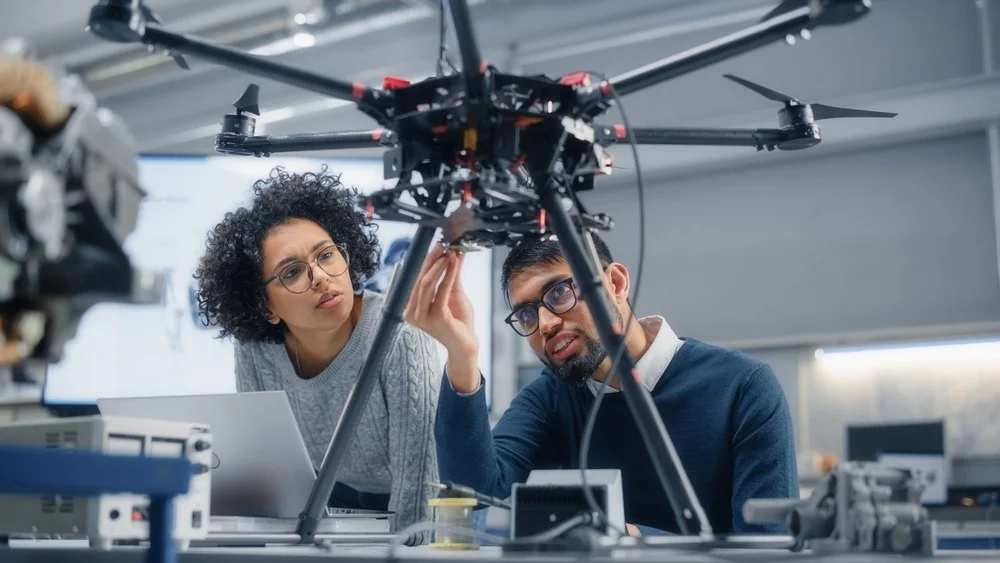
Team Dynamics and Communication
Effective communication and teamwork are critical for the success of drone inspection operations. Building a culture where team members feel valued, listened to, and encouraged to share their ideas and feedback can enhance collaboration and efficiency. Regular team meetings, debriefs after missions, and group training sessions are excellent ways to strengthen team dynamics.
Health and Safety Focus
Given the physical and technical nature of drone inspections, prioritising health and safety is crucial. Ensuring your team is well-versed in health and safety protocols, including first aid, risk assessment, and emergency procedures, is a non-negotiable aspect of their training. This not only protects your team and the public but also underscores your business’s commitment to safe operations.
Conclusion
Building a skilled drone inspection team is a multifaceted endeavor that extends beyond technical drone operation skills. It involves fostering a culture of continuous learning, specialization in the industries served, effective communication, and a strong emphasis on health and safety. By focusing on these key areas, drone inspection businesses in the UK can assemble a team that is not only highly competent but also dedicated to pushing the boundaries of what is possible in the realm of drone technology and inspection services.
The Future Landscape of Drone Inspection Businesses
The realm of drone inspection businesses in the UK is on the brink of a transformative era, propelled by rapid technological advancements, evolving regulatory frameworks, and increasing adoption across a multitude of industries. This dynamic landscape is not only reshaping the way inspections are conducted but is also unveiling new opportunities and challenges for businesses. Looking ahead, several key trends are poised to define the future of drone inspections, ensuring that these innovative services continue to enhance efficiency, safety, and data accuracy in unprecedented ways.
Integration of Advanced Technologies
One of the most significant drivers of change in the future landscape of drone inspection businesses will be the integration of advanced technologies such as artificial intelligence (AI), machine learning, and advanced analytics. These technologies will enable drones to not only collect vast amounts of data but also to analyze this data in real-time, providing actionable insights with greater speed and accuracy.
Enhanced Autonomy and Precision
The development of more sophisticated autonomous flight capabilities will allow drones to conduct inspections with minimal human intervention, navigating complex environments with ease. Coupled with improvements in precision through better sensors and imaging technologies, drones will be able to identify issues that are invisible to the human eye, further elevating the standards of inspection processes.
Expanding Regulatory Landscape
As drone technology continues to advance, the UK’s regulatory landscape will adapt to ensure safe and ethical use. This may include more detailed guidelines on privacy, data protection, and airspace management. Businesses will need to stay abreast of these changes to ensure compliance, while also leveraging regulatory advancements to explore new opportunities within drone inspections.
Diversification of Applications
Drone inspection businesses will find new applications in a variety of sectors, including agriculture, energy, insurance, and public safety. As the capabilities of drones expand, so too will the ways in which they can be applied, from monitoring crop health to assessing disaster damage and conducting search and rescue missions.
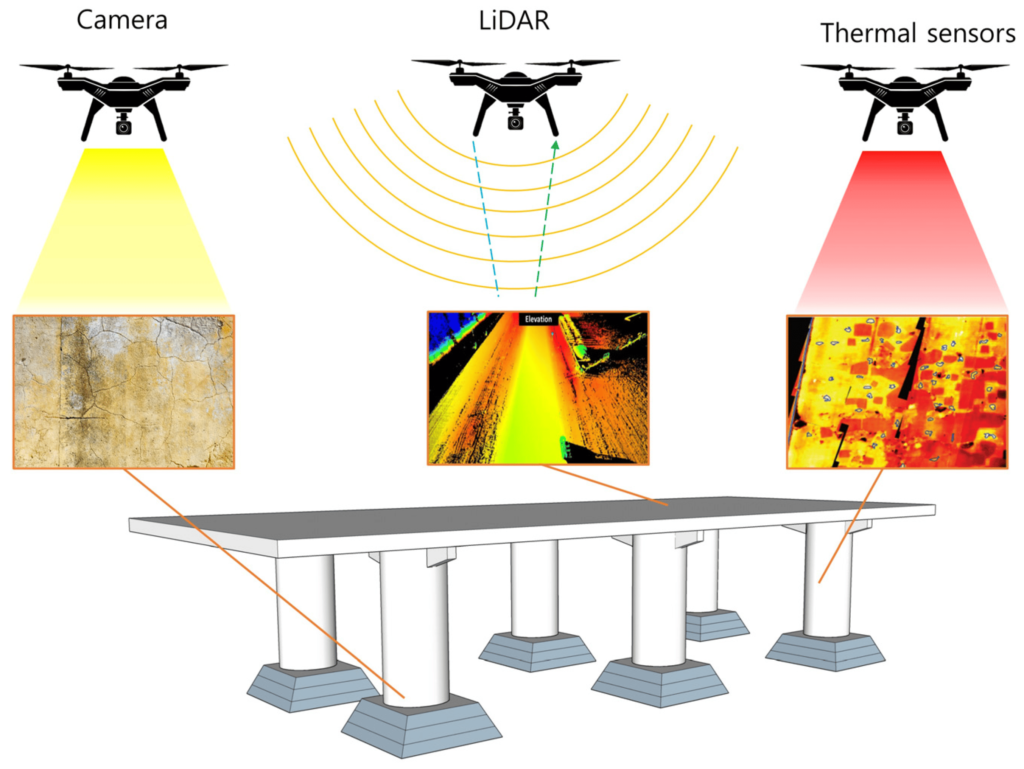
Sustainability and Environmental Monitoring
With an increasing global focus on sustainability and environmental protection, drone inspections will play a pivotal role in monitoring and protecting natural resources. From tracking wildlife populations to assessing the health of forests and waterways, drones will offer a low-impact method of gathering crucial environmental data.
Enhanced Training and Professional Development
The demand for skilled drone operators and analysts will grow in tandem with the expansion of the drone inspection industry. This will necessitate enhanced training programs, professional development opportunities, and certifications, ensuring a highly skilled workforce capable of meeting the sector’s evolving demands.
Conclusion
The future landscape of drone inspection businesses in the UK is marked by exciting possibilities and imminent change. As technology advances, regulatory frameworks evolve, and new applications emerge, the potential for drone inspections to revolutionize a wide array of sectors is undeniable. By embracing innovation, prioritizing safety and ethics, and investing in skilled personnel, drone inspection businesses are poised to lead the way in this new era, delivering value that extends far beyond traditional inspection methods.
Conclusion
The ascent of drone inspection businesses marks a pivotal shift in the UK’s construction, infrastructure, and beyond, heralding a new age of efficiency, safety, and innovation. As we have explored the various facets of drone technology—from the evolution of drone inspections and their myriad advantages to the integral components of a successful drone inspection business, operational excellence, skill development within teams, and the promising future landscape—it’s clear that drones are not just a technological novelty but a cornerstone of modern inspection methodologies.
The Transformative Impact of Drones
Drones have unequivocally demonstrated their value in transforming traditional inspection processes, offering cost-efficiency, unparalleled safety, remarkable accuracy, and time-saving capabilities. These benefits have not only enhanced operational efficiencies but also opened new vistas for conducting inspections that were previously deemed challenging or impossible.
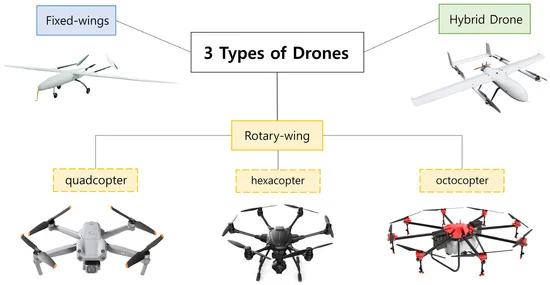
Navigating Challenges and Embracing Opportunities
While the journey of integrating drones into business models presents its set of challenges—from navigating regulatory landscapes to ensuring high standards of data security and privacy—the potential rewards far outweigh these hurdles. The key to success lies in staying informed about regulatory changes, investing in continuous learning, and fostering innovation.
Preparing for a Drone-Driven Future
The future of drone inspection businesses in the UK is bright, buoyed by advancements in technology, expanding applications, and a growing recognition of their value. As we look ahead, the focus will increasingly shift towards harnessing AI and machine learning for real-time data analysis, enhancing drone autonomy, and exploring sustainable practices that align with global environmental goals.
Embracing the Drone Revolution
To stay competitive and efficient, embracing the drone revolution is not just an option but a necessity for businesses in the construction, infrastructure, and various other sectors. The journey requires a commitment to excellence, innovation, and a forward-looking mindset that is open to embracing the transformative capabilities of drone inspections.
Final Thoughts
Drones have undeniably established themselves as invaluable assets in the toolkit of modern inspection practices. As this technology continues to evolve and integrate more deeply into various sectors, the opportunities for drone inspection businesses will only expand. The journey ahead is poised to be both challenging and exhilarating, promising a future where drone inspections play a critical role in shaping smarter, safer, and more efficient industries.
By continuing to push the boundaries of what is possible with drone technology, the UK can lead the way in adopting innovative inspection methods that will define the future of the construction and infrastructure landscapes. The time to elevate and conquer with drones is now, paving the way for a future where the sky is not the limit but the beginning.

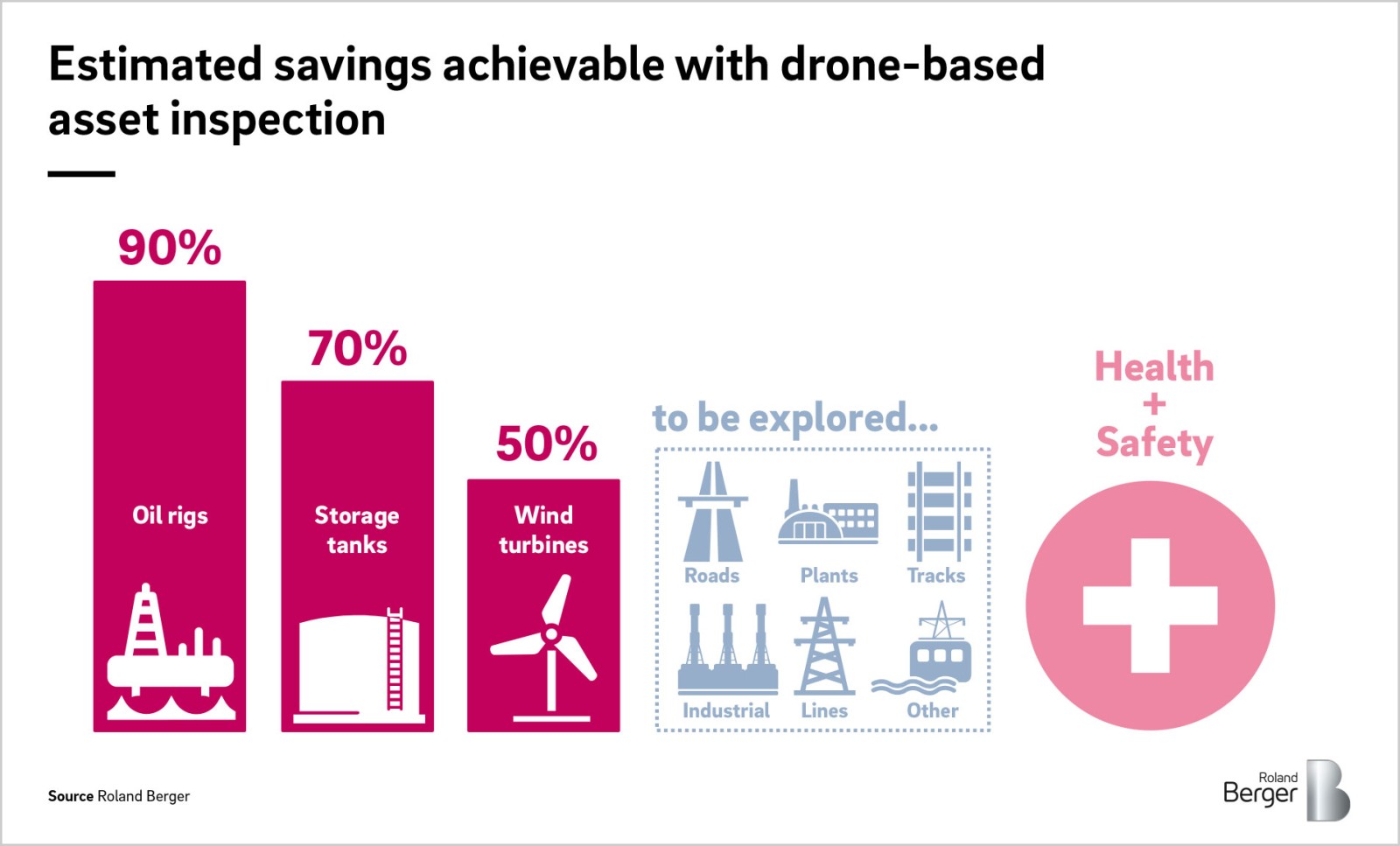

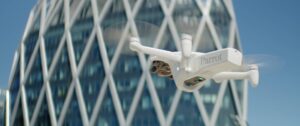
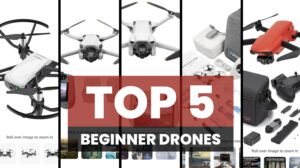
Pingback: Drone Can Follow You: The Ultimate Guide to Top Autonomous Drones in 2024 - Drone Gigs
Pingback: Drone Can Carry How Much Weight? Exploring the Carrying Capacities of Popular Drones - Drone Gigs